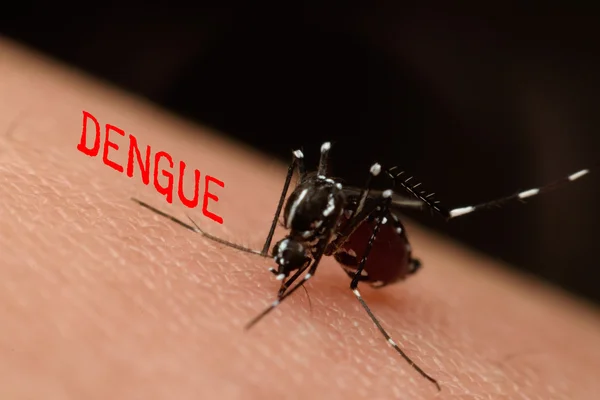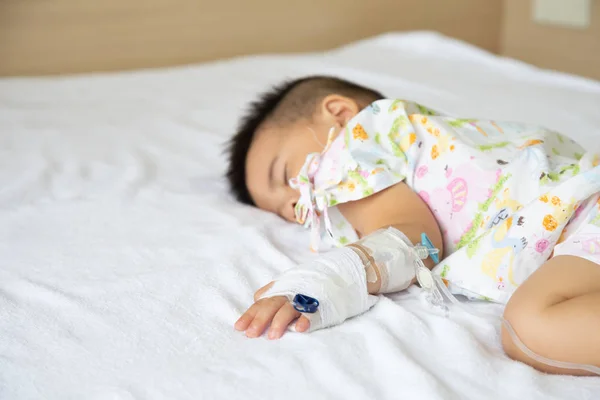Dengue fever is a viral infection that poses a serious threat to individuals of all ages, but infants are particularly vulnerable due to their underdeveloped immune systems. As dengue cases rise globally, especially in tropical regions, it is crucial for parents to be vigilant about the warning signs of this disease. Recognizing these symptoms early can be the difference between a mild illness and a severe health crisis.

Understanding Dengue and Its Impact on Infants
Dengue is transmitted through the bite of infected Aedes mosquitoes, primarily Aedes aegypti. These mosquitoes thrive in areas with stagnant water, making urban environments particularly susceptible to outbreaks. The World Health Organization (WHO) reports that dengue infections have increased dramatically over the past few decades, with an estimated 390 million infections occurring each year globally. Infants are at an increased risk because their immune systems are not fully developed, making it harder for them to fight off infections effectively.
Early Warning Signs
Identifying the early signs of dengue in infants can be challenging, as they cannot communicate their discomfort. Parents should watch for the following symptoms:
Common Symptoms
- High Fever: One of the first signs of dengue is a sudden high fever, often reaching up to 40°C (104°F). This fever typically lasts for several days.
- Rash: Infants may develop rashes that appear as flat or slightly raised red spots on various parts of their bodies.
- Gastrointestinal Issues: Symptoms such as vomiting and diarrhea can occur in about 28% of cases. If an infant vomits more than three times a day, medical attention is necessary to prevent dehydration.
- Irritability and Lethargy: Infants may become unusually irritable or lethargic due to discomfort from fever and other symptoms.
- Reduced Appetite: A noticeable decline in feeding can lead to weakness and fatigue.
Specific Indicators
In some cases, infants may exhibit more severe symptoms:
- Bleeding: Unusual bleeding from the gums or nose can indicate a progression towards severe dengue.
- Rapid Breathing: Difficulty breathing or wheezing may occur, necessitating immediate medical evaluation.
According to a study conducted over a decade in South India, infants accounted for 25% of dengue cases admitted to hospitals, with symptoms often resembling those of other viral infections. This underscores the importance of monitoring infants closely during dengue season.
When to Seek Immediate Medical Attention
Parents should be proactive about seeking medical help if their infant exhibits any of the following critical symptoms:
- Persistent Vomiting: More than three episodes in 24 hours.
- Severe Abdominal Pain: This could indicate complications such as hemorrhagic fever.
- Signs of Dehydration: Look for dry mouth, lack of tears when crying, or significantly reduced urination (fewer than six wet diapers per day).
- Severe Irritability or Lethargy: If your infant becomes excessively fussy or unresponsive.
The WHO emphasizes that early detection and access to proper medical care can lower fatality rates from severe dengue to below 1% . Therefore, understanding when to act is crucial for safeguarding your child’s health.
Preventing Dengue in Infants

Preventive measures are essential in protecting infants from dengue. Here are some effective strategies:
Mosquito Control
- Eliminate Breeding Grounds: Remove standing water around your home where mosquitoes can breed. Regularly check flower pots, bird baths, and gutters.
- Use Mosquito Nets: When outdoors or during sleep, ensure that infants are protected with mosquito nets treated with insect repellent.
Personal Protection
- Insect Repellents: Use repellents that are safe for infants on exposed skin. Consult with a pediatrician for recommendations on suitable products.
Community Awareness
Engaging with community initiatives aimed at reducing mosquito populations can also help protect your child. Education about dengue prevention should be widespread, especially in areas prone to outbreaks.
Conclusion
Dengue fever presents significant risks for infants, making awareness and early detection vital for parents. By recognizing early warning signs and understanding when to seek medical attention, caregivers can help ensure their child’s safety during dengue season.
As awareness grows around this preventable disease, parents must take proactive steps not only in monitoring symptoms but also in implementing preventive measures. With proper vigilance and community support, we can protect our youngest and most vulnerable from the dangers of dengue.
Also Read | How Parental Stress Affects Family Well-Being and Child Development









